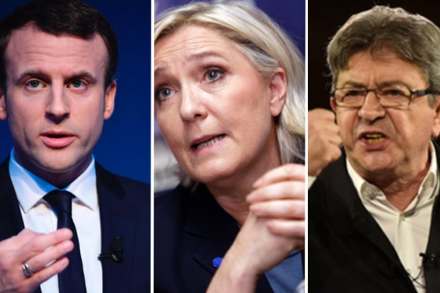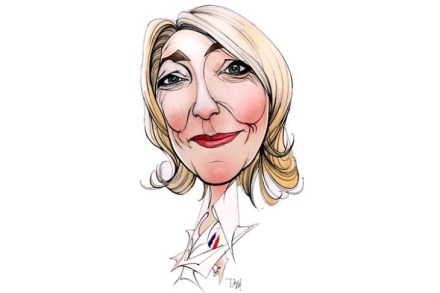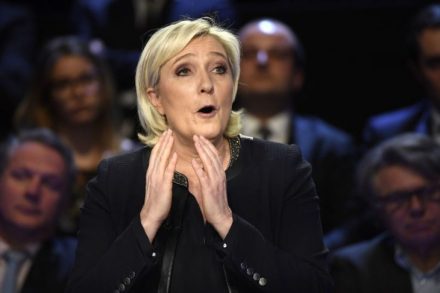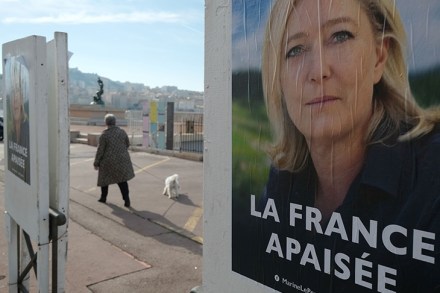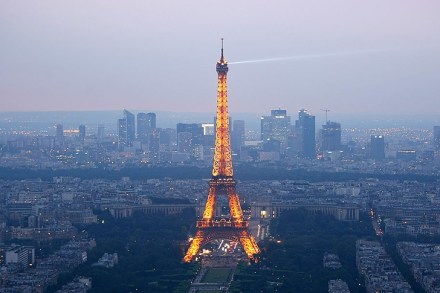Emmanuel Macron is wrong to think his election victory is a foregone conclusion
France is in a flap and Emmanuel Macron is to blame. On Sunday evening the En Marche! leader looked for all the world like a man who believed he’d already been crowned king. Bounding onto stage with a wink, a wave and a smile to his adoring supporters, after his first round victory, he then partied the night away at a Parisian bistro surrounded by the great and the good of France’s liberal elite. Marine Le Pen, meanwhile, after a brief speech to her supporters in the northern town of Henin-Beaumont, left to start plotting her second round campaign. On Monday evening she appeared on the main news programme to announce








